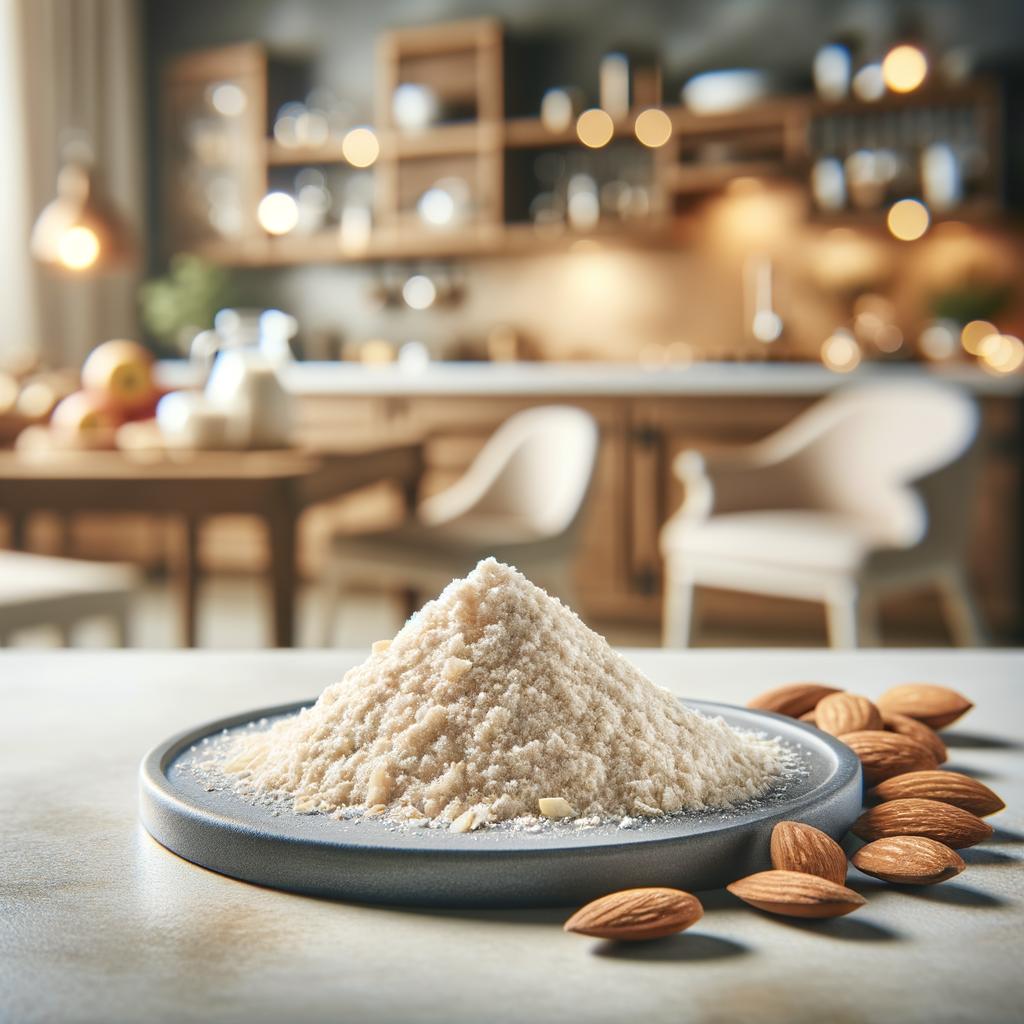Almond Meal

Description
Almond meal, also known as almond flour, is a delightful ingredient that brings a touch of elegance to any dish. It carries an alluring, creamy hue, a fine, soft texture akin to powdered sugar, and a sweet, nutty flavor that adds a sophisticated edge to both sweet and savory dishes. Almond meal is made from ground sweet almonds, usually with the skin removed, imparting a delicate, buttery richness that sets it apart from other nut flours.
Primary Uses
Almond meal is a versatile ingredient that finds its way into a multitude of cuisines and dishes. It is a star player in gluten-free and low-carb cooking, providing a healthy alternative to wheat flour. It is the backbone of French macarons, the heart of Italian amaretti cookies, and the soul of Middle Eastern ma'amoul pastries. Beyond the realm of baking, it is used as a thickener in sauces and as a coating for fish and chicken. Aside from its culinary uses, almond meal is also used in skincare for its exfoliating properties.
History
The history of almond meal is as rich and intriguing as the nut itself. Almonds have been cultivated for thousands of years, with their first domestication traced back to the Bronze Age in the Mediterranean region. Over the centuries, almond meal has traveled the Silk Road, graced the tables of Roman feasts, and charmed the palates of Moorish Spain. Throughout history, it has been a symbol of good luck, fertility, and divine approval. Its use has evolved over time, from a luxury ingredient in the Middle Ages to a staple in today's health-conscious kitchens.
Nutritional Information
Almond meal is a nutritional powerhouse. It is packed with healthy fats, fiber, protein, and a host of vitamins and minerals, including vitamin E, magnesium, and potassium. It is also a good source of antioxidants, which help protect against oxidative stress. Consuming almond meal can help lower blood sugar levels, reduce blood pressure, and lower cholesterol levels. Compared to wheat flour, it has fewer carbs and more fiber and protein, making it a healthier choice for those on a low-carb or gluten-free diet.

